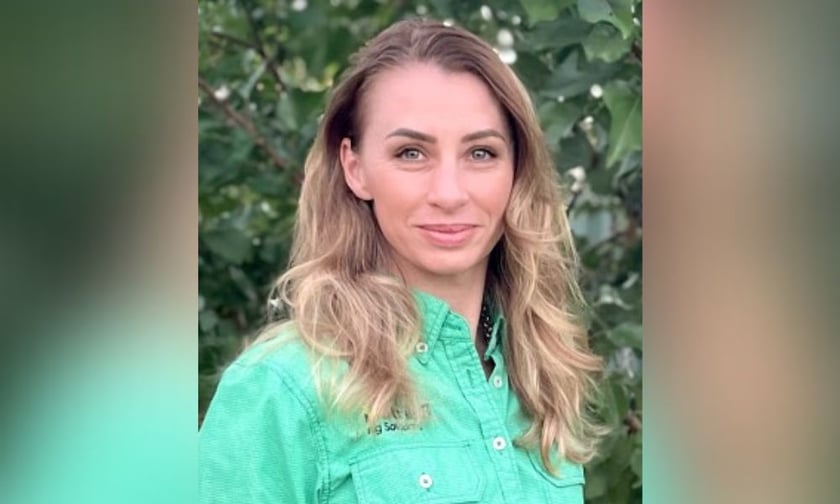

“These days it is far more complex,” said Kylie Stephens (pictured above), insurance account manager with Nutrien Ag Solutions. “When I first started out in the industry, brokers could pretty much get away with just remarketing policies.”
Less than a decade ago when her insurance career began, Stephens said brokering in the agricultural sector was an easier job.
“If you were providing your clients with the cheapest premium option, which also met their cover requirements, you were given a pat on the back,” said Stephens.
The days of pats on the back are over.
Stephens said one of her biggest current insurance challenges is shared by other industries.
“For larger complex accounts, capacity is a challenge for everyone right now,” she said.
Stephens said the underwriting agencies her firm could once rely on are “battling” limited capacities themselves.
“We are needing to look more at co-line arrangements,” she said. “At the end of the day what is going on in the market is out of the brokers’ and the underwriters’ control - we are all trying our hardest.”
However, Stephens sees these work challenges as opportunities to “innovate the way we transact business,” including showcasing insurance skills, she said, to demonstrate why the client needs a broker.
“Brokers need to have an open, honest conversation with their clients to help guide them in the right direction to avoid problems from popping up later on,” she said.
Stephens has clients in regional SA and remote NSW where agricultural and horticultural farming activities include broadacre cropping, vineyards, livestock and orchards growing stone fruit and nuts.
“One day I might be in an olive orchard somewhere in the Mallee and the next out near the cut line in NSW visiting a remote sheep station,” said Stephens.
She said a client’s insurance portfolio typically includes farm or business coverages and then perhaps fleet, crop, livestock and professional lines insurance – and even a weekend caravan or boat.
“From an agricultural point of view, the weather is always a hot topic and full of challenges,” she said.
Stephens said educating and getting clients on board with weather insurance as a complement to their crop, orchard, vineyard or stud insurance is challenging but necessary because of the “enormous risks” farmers take upfront of the season.
“These risks can put farmers out of business if drought, too much rain or heat stress cause losses,” she said. “Getting a client’s head wrapped around how a product works and the possibilities to take the uncertainty out of farming is cutting-edge stuff.”
Stephens said it’s the job of an insurance and risk professional to know the market conditions, assess what the future may hold and then better prepare clients. When so many commercial insurance customers, regardless of their business sector, are experiencing steep premium increases, Stephens stressed the importance of education and early warning.
“Yes, you might have renewal terms this year but next year who knows what is to come?” she said. “Educating our clients and addressing any concerns as early as possible and why this needs to be taken seriously is key.”
Stephens said this advice could include encouraging their customers to engage in thermal scanning, fire impairment processes, block plans, flow tests or business continuity planning.
“We need to entice the insurers more than ever right now to get a good look in,” she said.
This means brokers need to thoroughly understand their insurance offerings but also consider themselves as an extension of their client’s business
“We must upskill in other areas and gain further qualifications, like risk management, to properly advise our clients,” said Stephens. “Insurance brokers are no longer the place to go for a cheap insurance deal, we are professionals and a necessity for every client out there running any type of business large or small.”
She said the cheapest insurance policy isn’t usually the best – likewise, the cheapest broker isn’t usually the best to work with.
Are you an insurance broker in the agricultural sector? What are your challenges? Please tell us below
